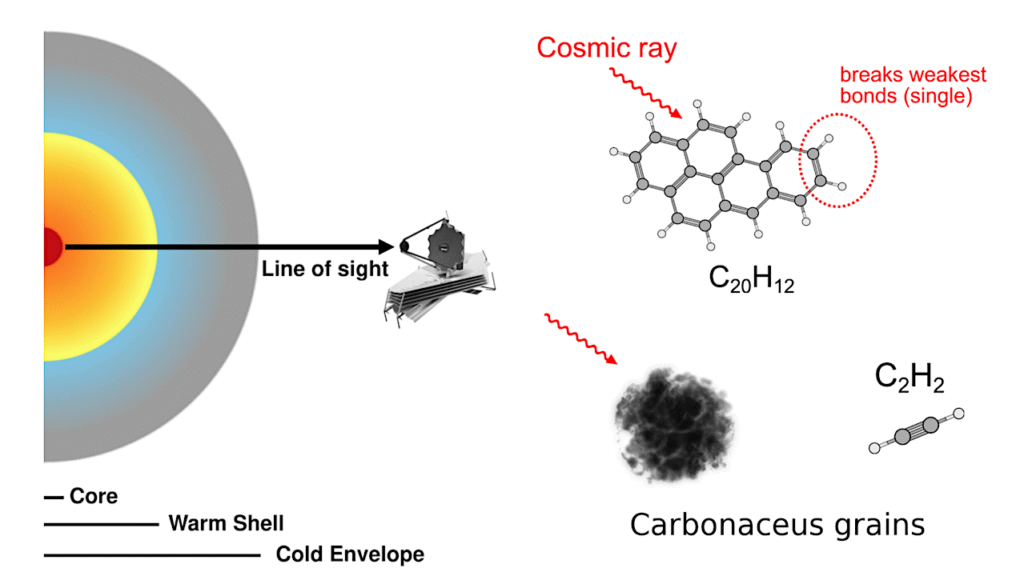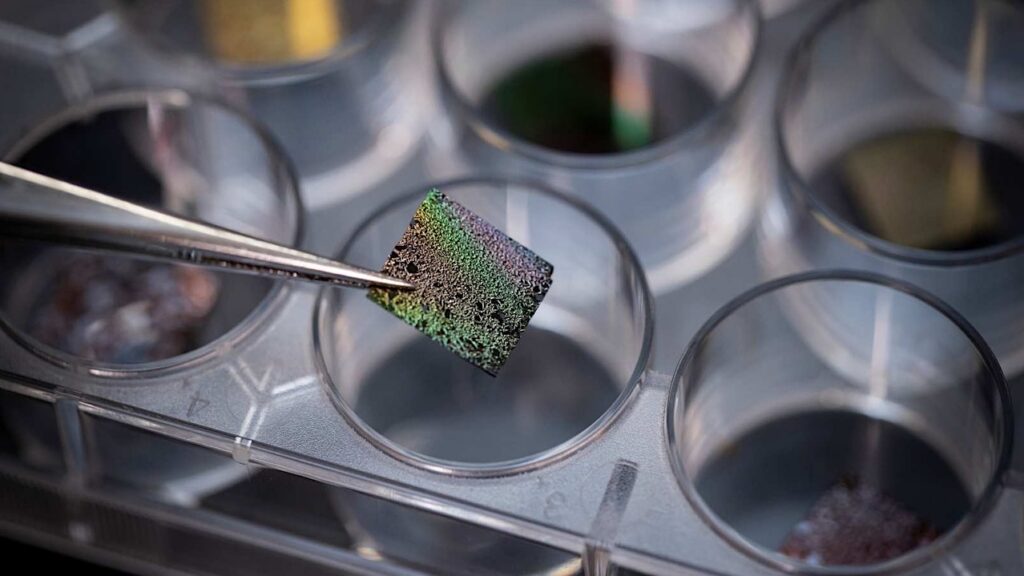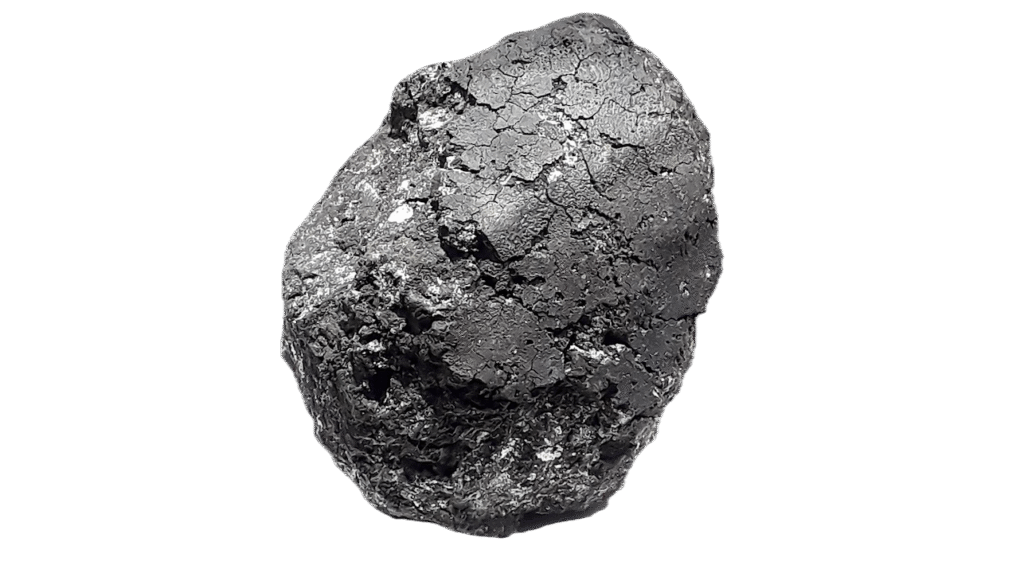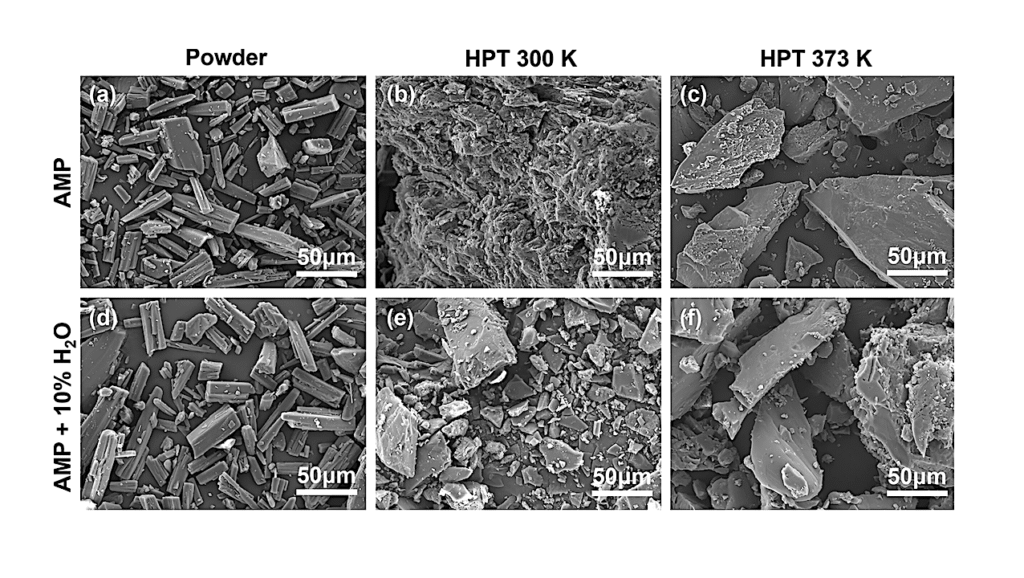Protoplanetary Disk Chemistry

Planets form in disks of gas and dust around young stars. The disk molecular reservoirs and their chemical evolution affect all aspects of planet formation, from the coagulation of dust grains into pebbles, to the elemental and molecular compositions of the mature planet.
Disk chemistry also enables unique probes of disk structures and dynamics, including those directly linked to ongoing planet formation. Here we review the protoplanetary disk chemistry of the volatile elements HOCNSP, the associated observational and theoretical methods, and the links between disk and planet chemical compositions.
Three takeaways from this review are: (1) The disk chemical composition, including the organic reservoirs, is set by both inheritance and in situ chemistry. (2) Disk gas and solid O/C/N/H elemental ratios often deviate from stellar values due to a combination of condensation of molecular carriers, chemistry, and dynamics. (3) Chemical, physical, and dynamical processes in disks are closely linked, which complicates disk chemistry modeling, but these links also present an opportunity to develop chemical probes of different aspects of disk evolution and planet formation.
Karin I. Öberg, Stefano Facchini, Dana E. Anderson
Comments: Invited review published in Annual Reviews of Astronomy and Astrophysics; 44 pages, 12 figures
Subjects: Earth and Planetary Astrophysics (astro-ph.EP); Solar and Stellar Astrophysics (astro-ph.SR)
Cite as: arXiv:2309.05685 [astro-ph.EP] (or arXiv:2309.05685v1 [astro-ph.EP] for this version)
Journal reference: Annual Review of Astronomy and Astrophysics 2023, 61:287-328
Related DOI:
https://doi.org/10.1146/annurev-astro-022823-040820
Focus to learn more
Submission history
From: Stefano Facchini Prof
[v1] Mon, 11 Sep 2023 09:45:12 UTC (16,372 KB)
https://arxiv.org/abs/2309.05685
Astrobiology, Astrochemistry








